
It’s the taking part that counts
[caption id="ThoseGreatBritishWorldChampionships_Feature" align="aligncenter" width="1024"]
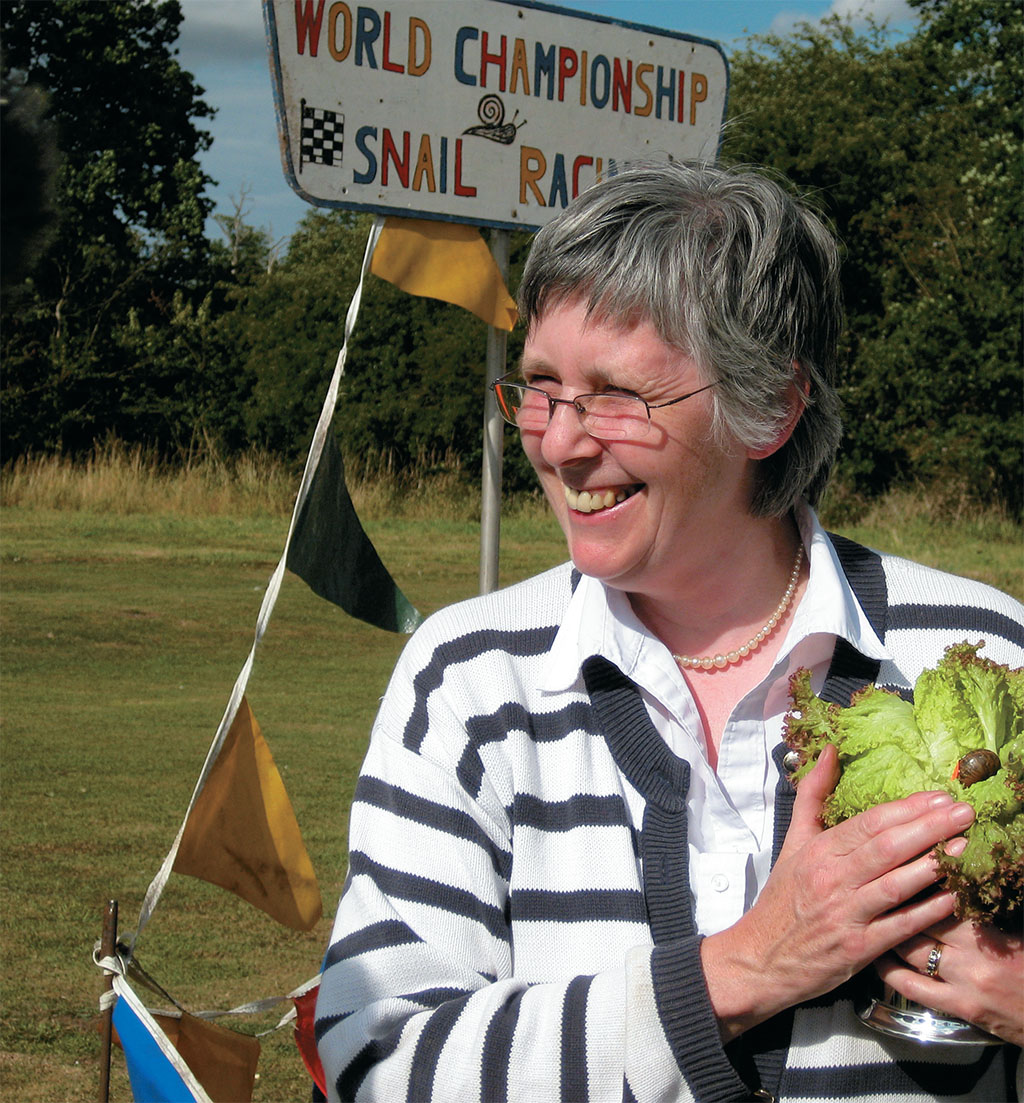
MARK SCASE
[caption id="ThoseGreatBritishWorldChampionships_img1" align="aligncenter" width="1024"]
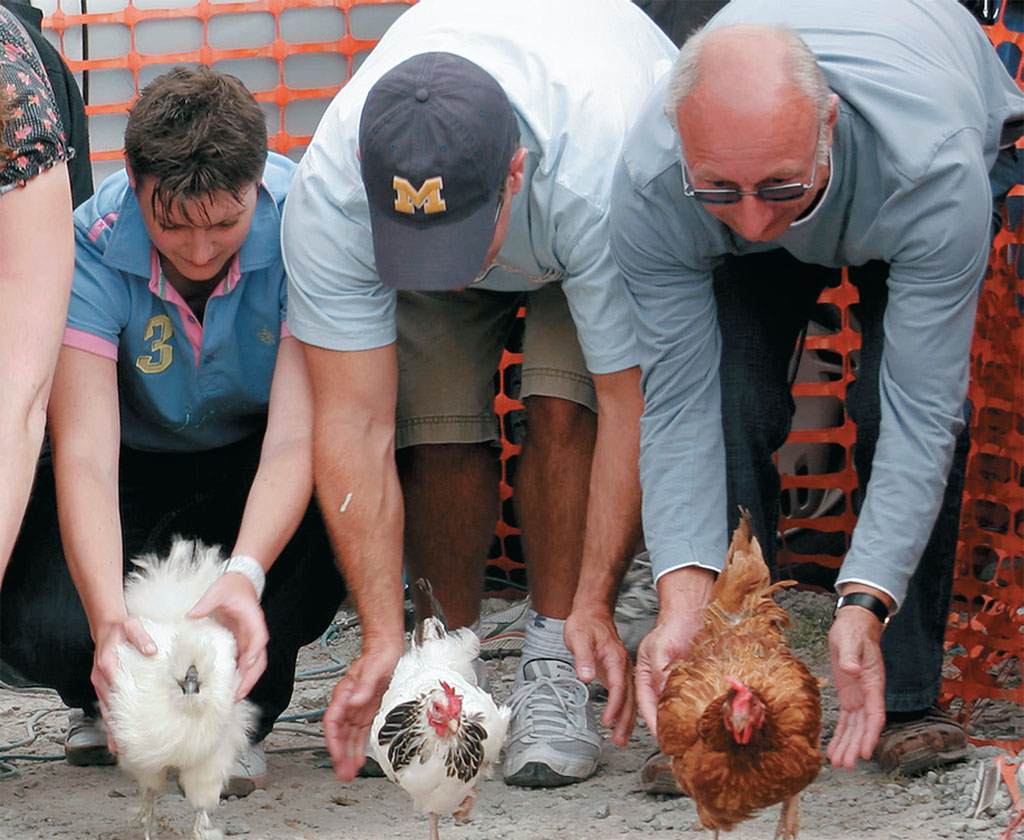
PHOTOLIBRARY
[caption id="ThoseGreatBritishWorldChampionships_img2" align="aligncenter" width="1024"]
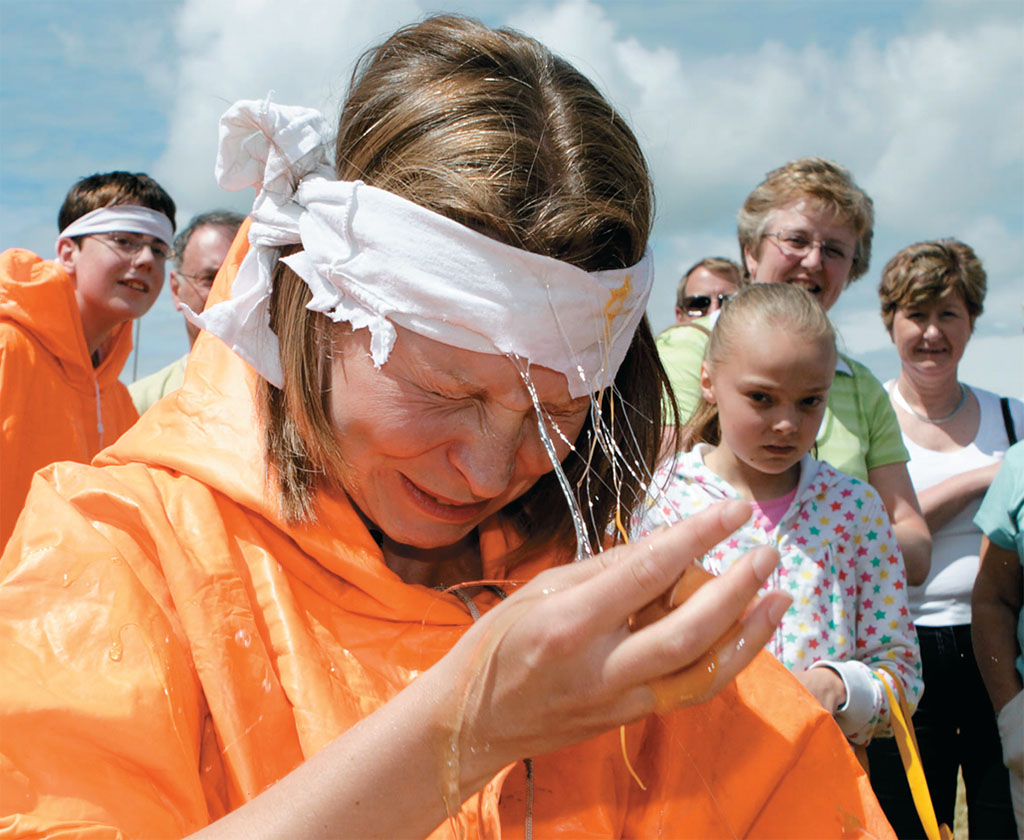
PHOTOLIBRARY
“It’s the taking part that counts” and the Brits are “good sports” are two phrases that one grows up with. Their unspoken implication is often that, well, someone else scooped top prize. At least, that’s the prevailing view on the conventional sporting stage. Dig a little deeper and around the country you’ll find a whole, exuberant world of esoteric pursuits at which the British excel (though still don’t always win), each with its own world championship.
Some activities have ancient roots, others are more modern enthusiasms. Any proximity of competition arenas to pubs is merely incidental. What you do find is a cameo of the British psyche: committed amateurs totally absorbed in the arcane minutiae and rituals of their eccentric games.
Come along to watch a few of these jovial affairs—you could even enter and become a world champ!
[caption id="ThoseGreatBritishWorldChampionships_img3" align="aligncenter" width="882"]
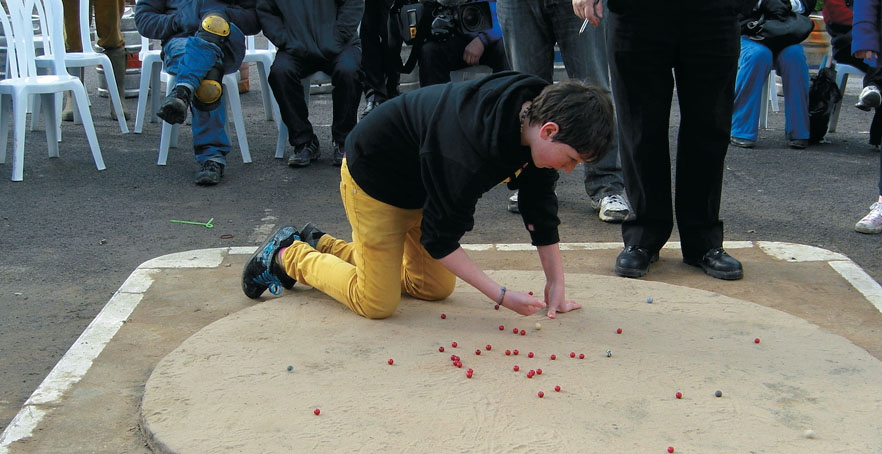
JULIA FOX
[caption id="ThoseGreatBritishWorldChampionships_img4" align="aligncenter" width="882"]
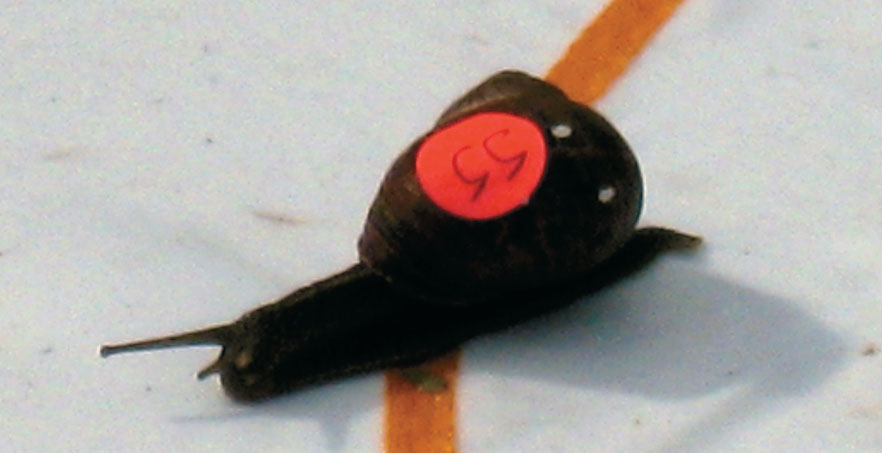
MARK SCASE
[caption id="ThoseGreatBritishWorldChampionships_img5" align="aligncenter" width="876"]
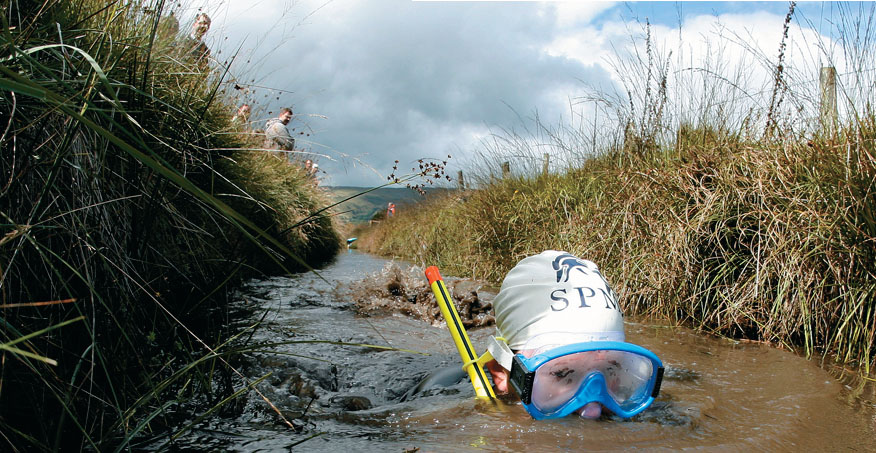
REUTERS/PHIL NOBLE
[caption id="ThoseGreatBritishWorldChampionships_img6" align="aligncenter" width="889"]
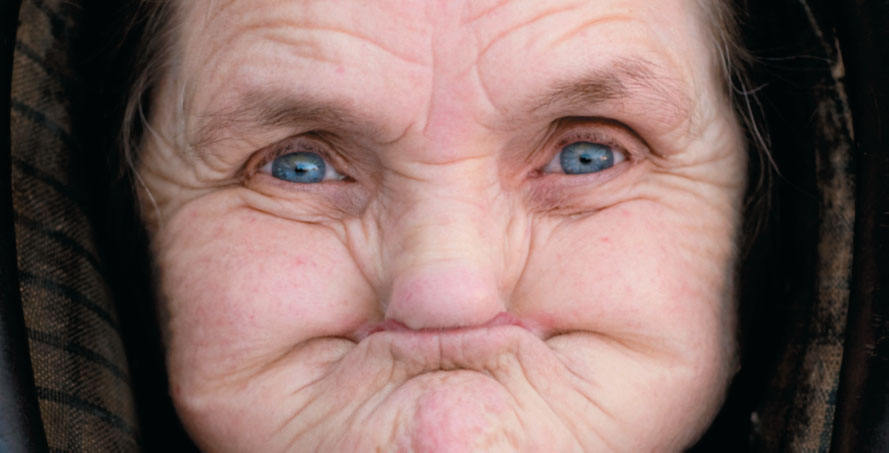
©ROD EDWARDS/ALAMY
[caption id="ThoseGreatBritishWorldChampionships_img7" align="aligncenter" width="882"]
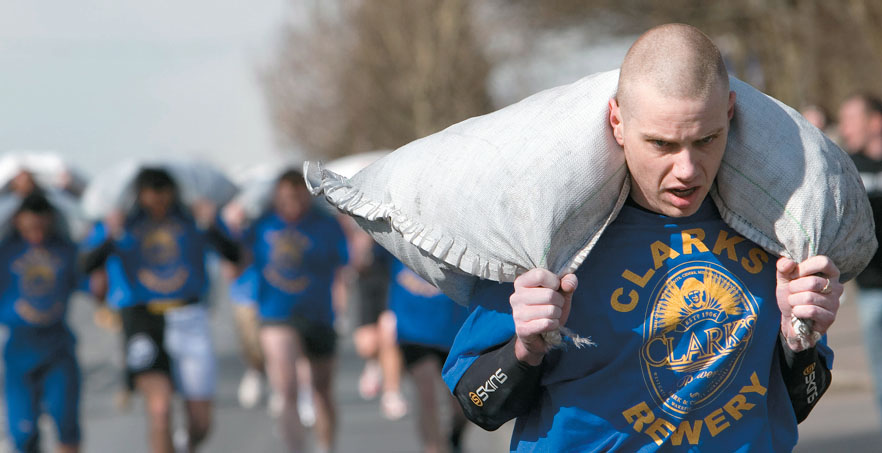
PHOTOLIBRARY
British and World Marbles Championships
Tinsley Green, a small village near Gatwick Airport, has been the home of British marbles since the 16th century, when (legend says) two suitors sported there for the hand of a local beauty. After a week of tilting, archery, cudgelling, wrestling and more, the contestants were level. So, a tough game of marbles decided the affair—although bizarrely it goes unrecorded whether Giles or Hodge, the two contestants, triumphed.
The current British and World Marbles Championships date from 1932 and are played in the congenial surroundings of the Greyhound pub in Tinsley Green. The Ring Taw attracts competitors from around the world, who vie for team and individual honors in a 6-foot diameter ring sprinkled with sand. Players (six to a team) fire a shooting marble, or tolley, to displace 49 smaller marbles from the ring. Full rules, from the initial “nosedrop” to dire warnings against foul play like “cabbaging,” are on the website.
“Basically you need good hand-eye coordination,” advises British Marbles Board of Control Secretary Sam McCarthy Fox. “And you need to keep your shooting thumb warm. Wee Willie Wright [a legend of the 1950s] kept a hot water bottle sewn inside his coat.”
When: Good Friday
Where: Greyhound public house, Tinsley Green, West Sussex
www.britishmarbles.org.uk
The World Coal Carrying Championship
Picture the scene: the pub, Gawthorpe, West Yorkshire, 1963. The locals are nursing their pints. A spot of banter turns competitive and Reggie Sedgewick challenges Lewis Hartley with the immortal words, “Ah’m as fit as thee, an’ if tha’ dun’t believe me gerra a bagga coil on thi back an ’ah’ll get one on mine an ’ah’ll race thee to t’ top o’ t’ wood.” No braver words spoke any man.
“Coil,” of course, is Yorkshire for “coal,” and so a world championship was created. The nearest coal pit may have closed, but mining heritage is in the blood hereabouts, and the 1108.25-yard stagger with a cwt (127 pound) “sek o’ coil” from pub to village green sorts out men from boys. World record holder David Jones from Meltham clocked a breathtaking four minutes, six seconds. Ladies’ record holder Julia Knight (Meltham) managed five minutes, five seconds.
When: Easter Monday
Where: Gawthorpe, West Yorkshire
www.gawthorpe.ndo.co.uk/coal.htm
The World Nurdling Championship
Not to be confused with the cricketing or tiddlywinks term, nurdling in the Rutland village of Stretton keeps alive a game played as far back as the Middle Ages. Careful where you sit in The Jackson Stops Inn, because one oaken settle in the snug is the nurdling bench—under a cushion is a hole, through which nurdlers hurl coins. Not any old coins, mind: these are pre-decimal old pennies. First person to bounce 13 coins off the settle back, through the hole and into the little drawer below is declared “Best Tosser.”
There are likely more than 40 keen competitors, and the occasion raises money for charity—hopefully the old pennies are kept back for next year’s championship.
When: Whitsun Bank Holiday
Where: The Jackson Stops Inn, Stretton, Rutland
www.thejacksonstops.com
Robert Dover’s Cotswold Olimpicks
Not strictly world championships, but who could omit mention of Robert Dover’s Cotswold Olimpicks? The British Olympic Association certainly backed its London bid to host next year’s jamboree by referring to the Cotswold version as “the historical thread in Britain that was ultimately to lead to the creation of the modern Olympics.” That doubtless swung the vote.
Established in 1612—what a great 400th anniversary 2012 will be—by lawyer Robert Dover and with the express permission of King James I, the games were a sort of protest against prevailing Puritanism. Thousands swarmed to the Cotswold plateau above Chipping Campden to watch backswords (combat by wooden cudgel), throwing the sledgehammer and other rustic sports.
Today’s spectacle has somewhat softened, but shin kicking remains a highlight, refereed by a “stickler.” The day rounds off with a bonfire, fireworks, torchlit procession and dancing—though some may be hobbling.
When: June 1, 2012
Where: Dover’s Hill, near Chipping Campden, Gloucestershire
www.olimpickgames.co.uk
World Egg Throwing Championship
Folks in the Lincolnshire Village of Swaton seem piqued if you suggest that egg throwing is an unusual sport. It is, they point out, taken seriously around the world, or at least in Swaton, where it originated circa 1215—a date more readily recalled for Magna Carta. The good abbot, who owned all the local chickens, dished out eggs to villagers in exchange for their attendance at church. Monks lobbed the eggs over the river in times of flooding.
Pipped at the post
March
The World Pooh Sticks Championships, Little Wittenham, Oxfordshire
Drop your stick into the Thames. The owner of the stick that first arrives at the other side of the bridge is the winner. Rugged.
www.pooh-sticks.com
June
World Toe Wrestling Championships, Ashbourne, Derbyshire Strong ankles and clean feet are required when you step up to the “toedium.”
www.bentleybrookinn.co.uk/page14.html
World Nettle Eating Championships, Marshwood, Dorset It all began with an argument between two farmers in 1986…
www.bottleinn.co.uk/PageNettleEating.html
July
World Snail Racing Championships, Congham, Norfolk It’s been “Ready, steady, slow” for more than 25 years. Archie set the record of two minutes over 13 inches in 1995. No foreign giant snails permitted.
www.snailracing.net
August
World Hen Racing Championship, Bonsall, Derbyshire They’ve raced hens for over a century locally—the original “Chicken Run.”
www.world-championship-hen-racing.com
August Bank Holiday Sunday
World Bog Snorkelling Championships, Llanwrtyd Wells, Powis Contestants swim two lengths of a 60-yard muddy, water-filled trench, using flippers but no recognised swimming strokes.
www.green-events.co.uk
October
World Conker Championships, near Oundle, Northamptonshire Competitors fight for glory armed with a horse chestnut and a length of string.
www.worldconkerchampionships.com
Robert Dover’s Cotswold Olimpicks
[caption id="ThoseGreatBritishWorldChampionships_img8" align="aligncenter" width="1024"]
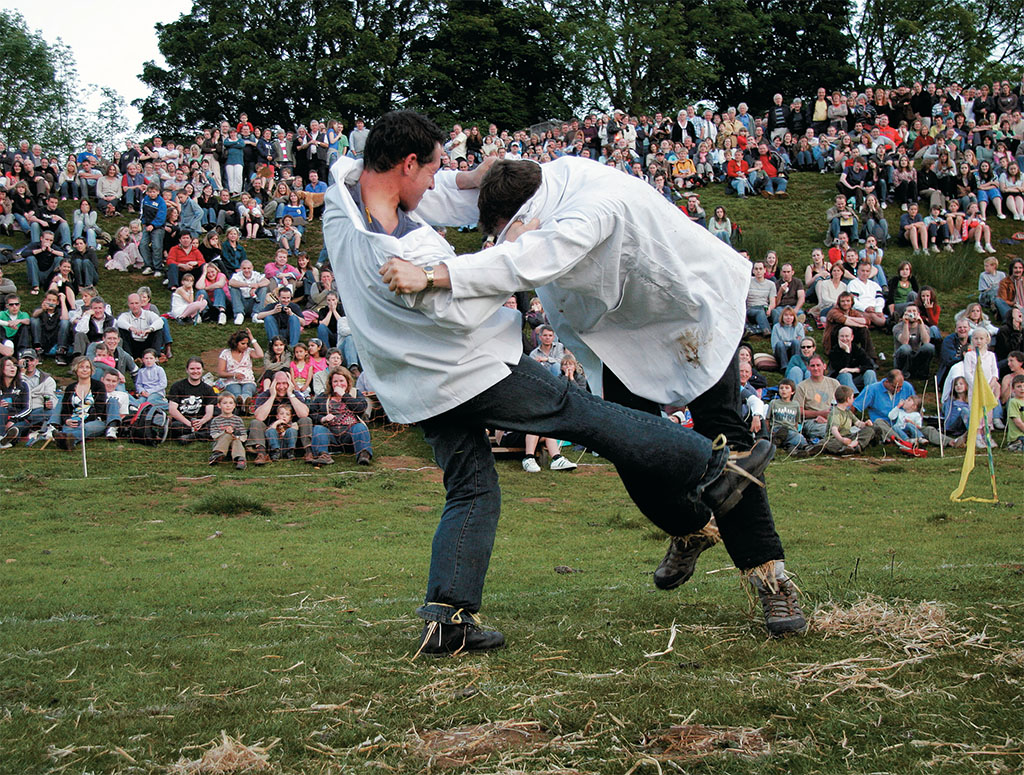
PHOTOLIBRARY
The modern world championship has been running half a dozen years and attracts several hundred contestants to participate in disciplines that range from the two-person Throw and Catch, to the team Egg Trebuchet involving homemade “gravity-powered machines.” Rules, in tune with the times, state that “all eggs will come from organically fed, free-range, sustainable and happy sources.”
When: Last Sunday in June
Where: Swaton, Lincolnshire
www.eggthrowing.org
World Welly Wanging Championships
Rules of welly wanging—hurling those wellies as far as you can—include, “Fair play, good humor and good manners shall be exhibited at all times. No umpire shall be needed. A player’s word and their honor shall be sufficient.” It’s a highlight of Upperthong’s annual Summer Gala.
“We are not sure when the first welly wanging contest took place, but it was many moons ago. It followed an incident when a pint of Tetley bitter was spilled, accidentally, into a local farmer’s wellington boot,” Greg Cropper, president of the World Welly Wanging Association, helpfully explains. He adds earnestly, “We have been in discussions with the Manchester University School of Mechanical, Aerospace and Civil Engineering and are seeking funding for a piece of research to be carried out on the aerodynamics of the sport.”
When: Last weekend in June
Where: Upperthong, Yorkshire
www.upperthong.org.uk
Gurning World Championships
If your face is your fortune, this could be for you. Egremont Crab Fair & Sports was inaugurated in 1267 and is one of the oldest fairs in the world. Celebrations in the historic Cumbrian market town feature everything from the riding of the boundary on horseback to street racing, but the big event is the Gurning World Championships.
The idea is to pull an ugly face through a baffin, or horse collar, with classes for men, women, juniors and overall champion. “We get entries from all around the world, but the world champion gurner has always been from Cumbria,” says Callum Scott, the fair’s secretary. Pressed on the pulchritudinous attributes of locals, he opines that winners don’t necessarily start out ugly. “It’s about the biggest transformation in the face.”
When: September 17, 2011
Where: Egremont Crab Fair & Sports
www.egremontcrabfair.com





Comments